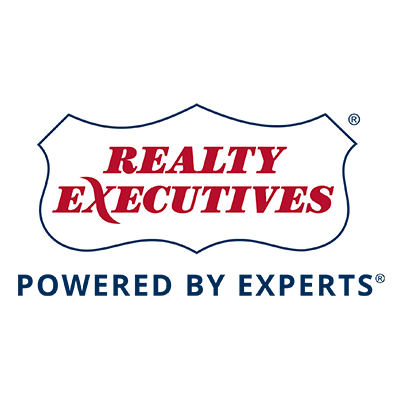Selling a home involves a lot of decisions, each impacting the success of the sale and the seller’s peace of mind. Among these decisions, the question often arises: “Do I really need an open house?” By working closely with a trusted real estate partner, sellers can weigh the advantages and pitfalls of hosting an open house and make an informed decision aligned with their goals and preferences.
### The Advantages of Hosting an Open House:
- **Broad Exposure**: Open houses provide an opportunity to showcase the property to a wide audience in a single event. This exposure can attract potential buyers who may not have otherwise scheduled a private showing, maximizing the chances of securing a sale.
- **Convenience for Sellers**: Though the prospect of preparing for open house with chores like cleaning and declutterring can seem daunting, condensing showings into one or more set open house dates can be convenient for sellers with busy schedules, often minimizing daily interruptions and the need to relocate animals or leave home for each appointment.
- **Convenience for Buyers**: Open houses offer a convenient way for prospective buyers to explore multiple properties in a single day without the need for individual appointments. This accessibility can appeal to busy home seekers and increase attendance.
- **Immediate Feedback**: Hosting an open house allows sellers to gather valuable feedback from visitors regarding their impressions of the property. This feedback can inform adjustments to the listing price, staging, or marketing strategy, enhancing the property’s appeal to potential buyers.
### The Pitfalls of Hosting an Open House:
1. **Security Concerns**: Inviting strangers into one’s home carries inherent security risks, as not all attendees may have genuine intentions. Sellers may worry about theft, property damage, or privacy breaches during an open house event.
2. **Limited Effectiveness**: Despite the buzz surrounding open houses, they may not always attract serious buyers. Many attendees are merely curious or nosy neighbors rather than legitimate prospects, leading to a high turnout with minimal results.
3. **Time and Effort**: Preparing a home for an open house can be time-consuming and disruptive. Sellers must invest significant effort in deep cleaning, decluttering, and staging the property, which can be challenging, especially for those with busy schedules or family commitments.
4. **Personal Considerations**: Not everyone wants a parade of people going through their home for any number of reasons. If the prospect has you concerned, discuss alternatives with your Realtor®. While open house can yield great results, it’s not a one size fits all process. Your agent can help you decide if it’s the right choice for you.
### Partnering with Your Trusted Real Estate Advisor:
Navigating the decision to host an open house requires careful consideration and expert guidance. Your trusted real estate partner can offer invaluable insights into market trends, buyer preferences, and effective marketing strategies. By collaborating with your realtor, you can weigh the advantages and pitfalls of hosting an open house and determine the best course of action for selling your home.
### Conclusion:
In conclusion, the decision to host an open house is a multifaceted one, influenced by various factors including market conditions, personal preferences, and security concerns. While open houses offer broad exposure and convenience for buyers, they also pose security risks and may not always yield meaningful results. By partnering with a trusted real estate advisor, sellers can navigate these complexities and make an informed decision tailored to their unique circumstances. Whether opting for an open house or exploring alternative marketing strategies, your realtor is your ally in achieving a successful and stress-free home sale.


